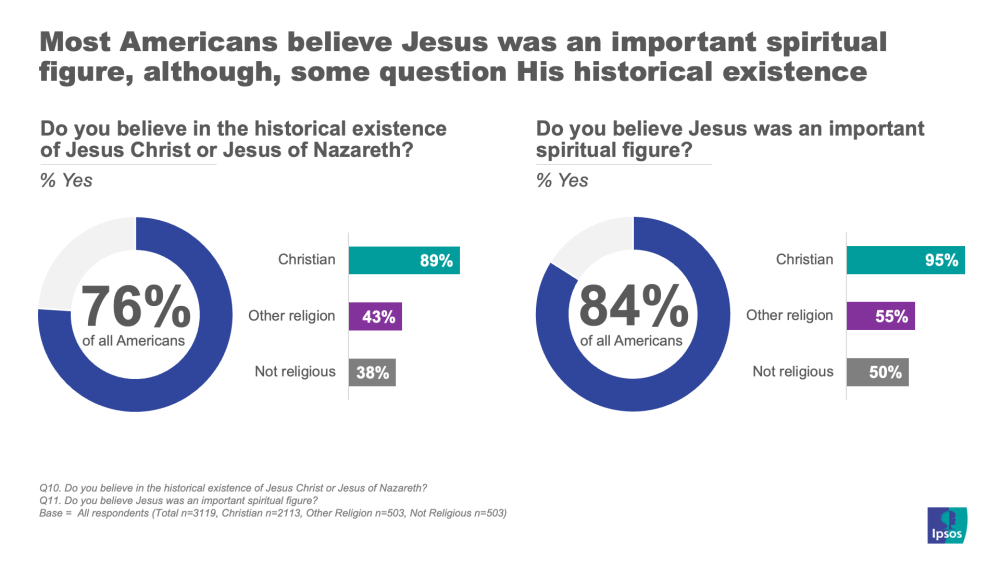Episcopal Church releases Jesus in America study, data shows wide-ranging views

Most Americans see Jesus as an important spiritual figure. More than 30 percent have decreased their participation in religious activities during the COVID-19 pandemic. And only one in ten thinks those who attacked the US Capitol on January 6, 2021, were associated with organized religion.
Those are some of the findings of a national study commissioned by the Episcopal Church and conducted by the polling firm Ipsos.
The results of the Jesus in America study, released March 9, highlight the wide-ranging faith perspectives of a diverse cross section of Americans, including those who identify as nonreligious.





